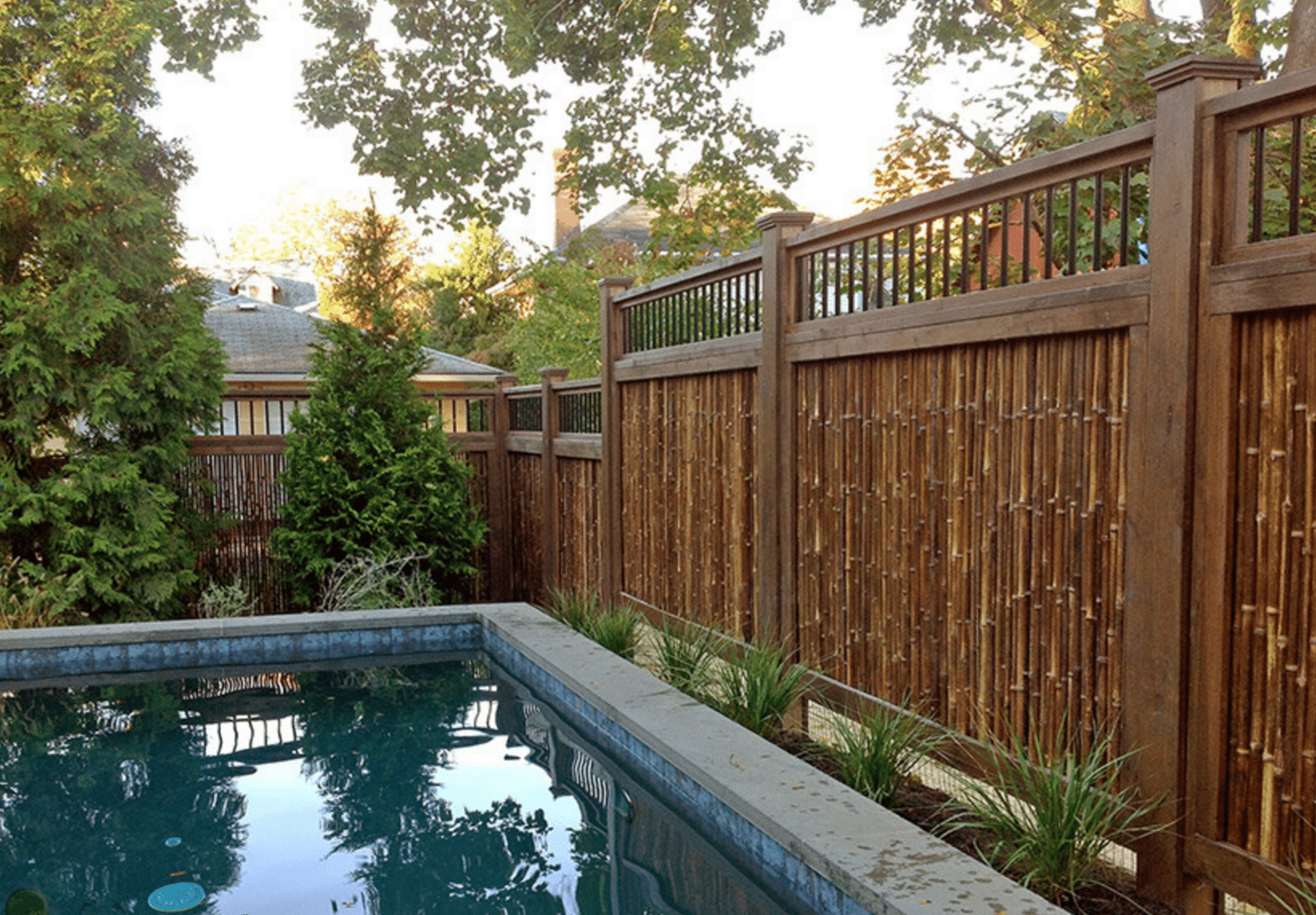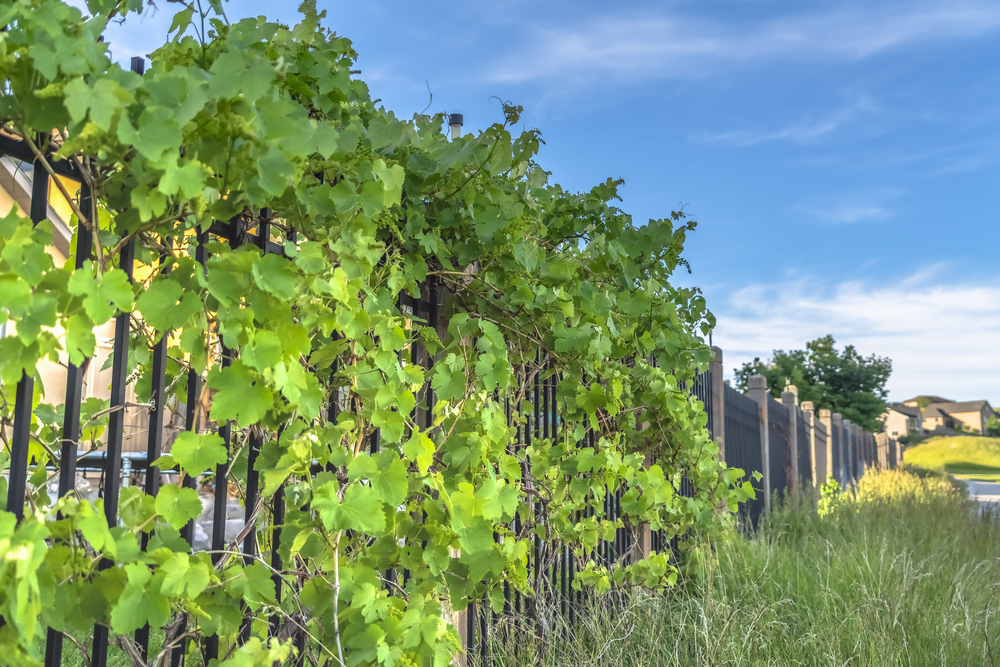All Categories
Featured

When mounting a fence, selecting the right material is essential to balancing capability, looks, and budget plan. Wood, plastic, and aluminum are amongst one of the most commonly picked fencing materials, each with its disadvantages and toughness. This guide discovers the benefits and drawbacks of these choices to help you make an informed choice.

Wood Secure Fencing. Pros:. All-natural Appeal: Wood's classic appeal can enhance any residential or commercial property with its warm and timeless look. Personalized: You can repaint, tarnish, or carve timber to fit your style preferences. Budget friendly: Timber fence is originally more economical contrasted to a few other products. Eco-friendly: As an eco-friendly resource, timber is biodegradable and typically taken into consideration environment-friendly. Disadvantages:. Maintenance-Intensive: Normal sealing, paint, or discoloration is called for to stop damage from weather condition and pests. Prone to Decay: Without appropriate treatment, timber can rot, warp, or split with time. Shorter Life-span: Typically, timber fencings last 10-15 years, depending upon the kind of timber and upkeep. Timber is a fantastic alternative for those that value visual appeals and want to buy routine upkeep to protect its look and longevity.
Plastic Fence. Pros:. Low Maintenance: Plastic requires very little treatment-- just occasional cleansing with soap and water. Weather condition Resistant: It doesn't warp, rot, or catch insect damage, making it extremely durable in various environments. Longevity: Vinyl fences can last 20-30 years with little to no repair services. Style Variety: Available in a wide variety of colors, appearances, and designs, including wood-like looks. Cons:. Greater First Price: Plastic fences are more pricey upfront compared to wood. Vulnerability to Cold: In exceptionally cold climate, plastic can come to be weak and susceptible to fracturing. Minimal Repair Work Options: Matching substitute panels can be testing if damage takes place. Vinyl fencing is perfect for house owners searching for a durable, low-maintenance remedy that offers modern-day versatility.

Aluminum Fencing. Pros:. Rust-Proof: Light weight aluminum stands up to corrosion, making it a superb selection for damp or moist environments. Long lasting: Regardless of being lightweight, aluminum is strong and can endure severe climate condition. Reduced Upkeep: It requires minimal upkeep, generally just periodic cleaning. Long Lifespan: Light weight aluminum fences can last decades without significant wear and tear. Stylish Design: Typically made use of for decorative functions, aluminum fence adds a sleek, sophisticated aim to residential or commercial properties. Disadvantages:. High Initial Financial investment: Aluminum fencings are amongst the more expensive options on the marketplace. Less Privacy: The open layouts common with aluminum fence do not give much privacy. Prone to Damages: While durable, light weight aluminum can dent if struck with adequate force. Aluminum is an outstanding option for homeowners prioritizing aesthetics and durability without requiring much upkeep.
Making Your Decision. When determining between timber, vinyl, or light weight aluminum secure fencing, consider your priorities:
Timber fits those that value a natural appearance and do not mind putting in maintenance initiative. Vinyl is the most effective alternative for those looking for a low-maintenance, weather-resistant solution. Light weight aluminum provides sleek style and lasting longevity yet may do not have personal privacy. By carefully evaluating these materials' features, you can select a fencing that enhances your home while satisfying your functional and visual needs.
Latest Posts
Comprehensive Auto Services at Montclare Auto Repair - Learn More
Published Apr 21, 25
2 min read
Looking for a Mechanic Shop Locally? Choose Car-X St. Louis for Professional Service
Published Apr 21, 25
1 min read
Constructing a Strong Economic Future with WyHy
Published Apr 21, 25
1 min read
More
Latest Posts
Comprehensive Auto Services at Montclare Auto Repair - Learn More
Published Apr 21, 25
2 min read
Looking for a Mechanic Shop Locally? Choose Car-X St. Louis for Professional Service
Published Apr 21, 25
1 min read
Constructing a Strong Economic Future with WyHy
Published Apr 21, 25
1 min read